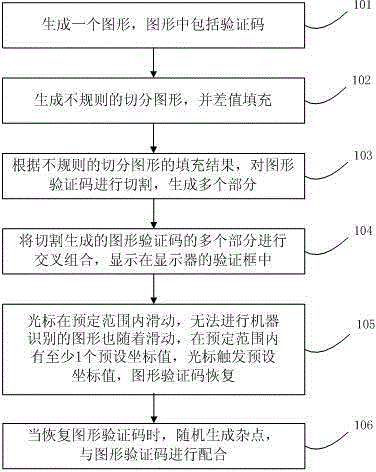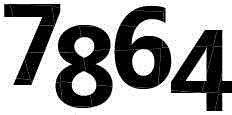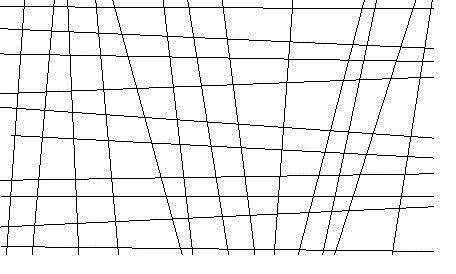Method for verifying through graphical verification code
A graphic verification code and graphic technology, applied in the Internet field, can solve problems such as increasing process time cost, reduce input time cost and improve user recognition rate.
- Summary
- Abstract
- Description
- Claims
- Application Information
AI Technical Summary
Problems solved by technology
Method used
Image
Examples
Embodiment Construction
[0023] The technical solutions of the present invention will be further described below in conjunction with the accompanying drawings and through specific implementation methods.
[0024] figure 1 It is a flow chart of verification by graphic verification code in the specific implementation manner of the present invention. Such as figure 1 As shown in , the process of passing graphic verification code verification includes the following steps:
[0025] Step 101, generate a graph, the graph only needs to include the verification code, the characters as the verification code can be numbers or letters, do not add noise, and do not need to distort or superimpose the verification code, such as figure 2 shown.
[0026] Step 102, generating an irregular segmented graph, such as a grid, and filling the difference, wherein the random density and random angle range of the irregular segmented graph can be set by the verification code generation program, such as image 3 shown.
[0...
PUM
 Login to View More
Login to View More Abstract
Description
Claims
Application Information
 Login to View More
Login to View More - R&D
- Intellectual Property
- Life Sciences
- Materials
- Tech Scout
- Unparalleled Data Quality
- Higher Quality Content
- 60% Fewer Hallucinations
Browse by: Latest US Patents, China's latest patents, Technical Efficacy Thesaurus, Application Domain, Technology Topic, Popular Technical Reports.
© 2025 PatSnap. All rights reserved.Legal|Privacy policy|Modern Slavery Act Transparency Statement|Sitemap|About US| Contact US: help@patsnap.com



